Lake Street Council and partners in Twin Cities join the nationwide Solar Energy Innovation Network
Project will help small businesses on Lake Street, West Broadway, and University Ave install solar panels
Media Contact: Ashley Pettingill, apettingill@tunheim.com, 952-250-1547
Solar installation at The Family Partnership (1527 E Lake St). Photo by City of Minneapolis
Minneapolis, MN [December 20, 2022] – Lake Street Council announced it was selected by the U.S. Department of Energy’s National Renewable Energy Laboratory (NREL) to participate in the Solar Energy Innovation Network (SEIN) to discover transformative ways of equitable adoption of solar in underserved small business districts. This project intentionally aims to address the systemic racism and disparities in climate change impacts facing Twin Cities BIPOC and immigrant business communities by identifying and removing the barriers to wealth-building via rooftop photovoltaic solar installations.
Lake Street Council is joined by two peer business support organizations, Northside Economic Opportunities Network (NEON) and Neighborhood Development Center (NDC), along with energy planning groups Great Plains Institute and William Weber Consulting. Additional in-kind support has been committed by the City of Minneapolis, City of Saint Paul, and Xcel Energy.
The project is one of just 8 projects nationwide selected to join the program, which is known as the Solar Energy Innovation Network. “We selected teams that are experimenting with creative, promising ideas to use solar power in underserved communities across the United States,” said Eric Lockhart, who leads the Innovation Network at NREL. “The work of these teams will provide a blueprint for other communities pursuing novel ways of adopting and benefiting from solar energy.”
Lake Street Council’s participation in the Solar Energy Innovation Network will include financial, analytical, and facilitation support as they work to anticipate and address new challenges and opportunities stemming from equitable solar energy adoption and other distributed energy technologies in the Twin Cities.
The target of the initiative is small businesses on Lake Street, West Broadway, and University Avenue, many of which were damaged in the civil unrest that followed the murder of George Floyd in May of 2020. By centering the needs of struggling businesses, including the many BIPOC-owned and immigrant-owned businesses that make these districts unique, the project team hopes to develop innovative models for commercial solar adoption that can have benefits to the greater community.
“In addition to its importance as a tool for fighting climate change, solar energy can also be a reliable wealth-building tool for businesses and property owners,” said Matt Kazinka, Senior Strategic Initiatives Manager at Lake Street Council. “Solar energy can help undo many of the existing systemic barriers that face the small BIPOC- and immigrant-owned businesses in our corridors. However, without additional support, businesses like the ones we serve on Lake Street will be left behind. We’re grateful for the support from NREL to help ensure that Lake Street’s recovery will be both equitable and sustainable.”
Prior to focusing on solar, Lake Street Council collaborated with Great Plains Institute to address disparities in energy efficiency among small businesses. The partners identified that most small businesses on Lake Street were unaware that they could get free technical assistance and funding to upgrade their lighting or HVAC equipment. They found that outreach and education to business owners conducted by a trusted partner increased program participation significantly. As a result, over 200 businesses received a free on-site energy assessment from Energy Smart, and dozens of businesses made equipment upgrades that would save them thousands of dollars annually. Lake Street Council hopes to replicate that success with solar through the SEIN project.
Project partners see an opportunity for solar in their communities. “Research has shown the benefits of using solar energy, not only from a business standpoint, but also for the environment,” says Earlsworth Letang from project partner Neighborhood Development Center. “There are numerous small businesses who have used solar energy and are testifying about the cost saving they have achieved. We want our community, especially those who have usually been excluded, to become more knowledgeable about solar energy and to utilize the resources, including technical assistance and financial assistance.”
Lake Street Council and their project partners have just completed interviews to better understand the perspectives and needs of small businesses, followed by conversations with solar installers, financiers, and technical experts. They are also exploring the potential impacts of the recently passed federal Inflation Reduction Act, which includes significant tax credits and incentives for solar.
The team expects to begin offering strategic opportunities for businesses to participate in solar in early 2023.
The Solar Energy Innovation Network is funded by the U.S. Department of Energy’s Solar Energy Technologies Office and led by the National Renewable Energy Laboratory.
About Selectee Organization(s)
Lake Street Council is a 501(c)3 nonprofit organization with a mission to engage, serve, and advocate for businesses and organizations to ensure the vitality and prosperity of the Lake Street commercial corridor.

